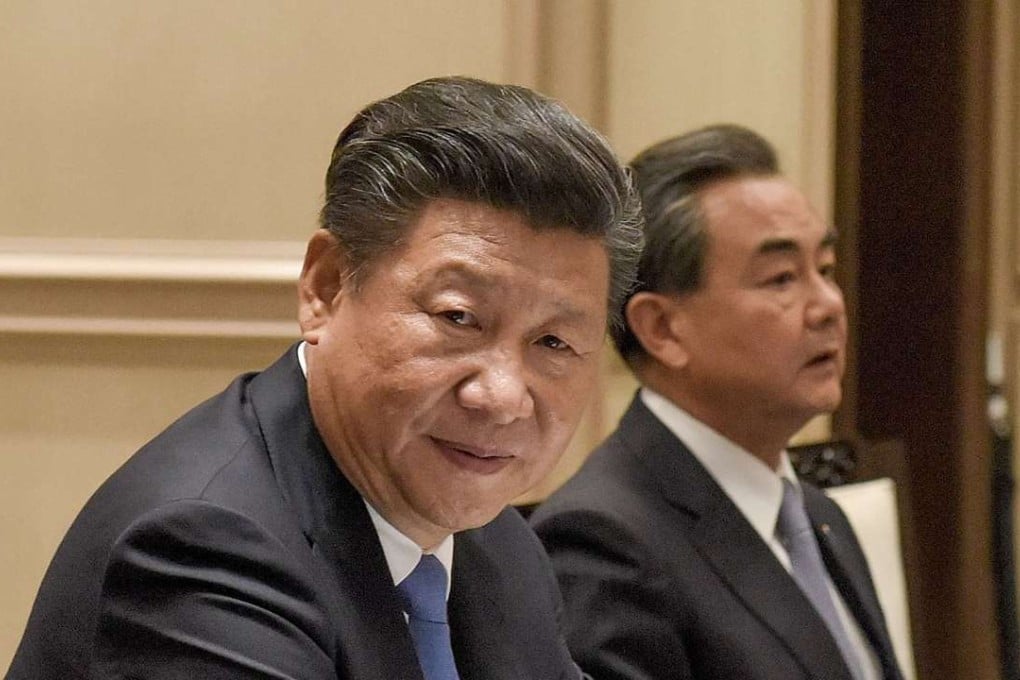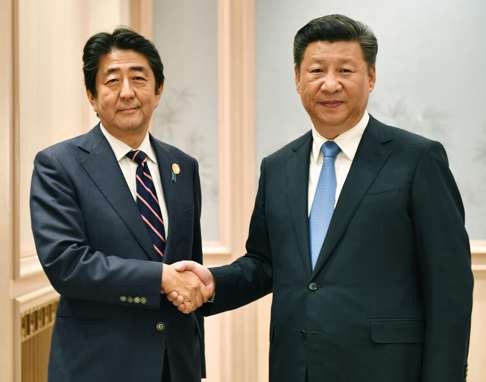Macroscope | When it comes to the G20, China is in better shape than many

The China G20 website emphasises Hangzhou is the Capital of Leisure. But with the global economy “at a crucial juncture,” as China’s President Xi Jinping said on Sunday, world leaders who convened there earlier in the week for this year’s G20 Summit had little time to relax.
“2016 will be the fifth consecutive year with global GDP growth below its long-term average of 3.7 per cent (1990-2007), and 2017 may well be the sixth,” warned International Monetary Fund (IMF) Chief, Christine Lagarde on Thursday.
From an economic standpoint “you could argue that the Chinese transition is proceeding reasonably well,” Lagarde said, but IMF analysis, released last month, forecast that growth in China’s real gross domestic product will slow to 5.9 per cent in 2020 from 6.9 per cent in 2015.

China’s “medium-term outlook is clouded by continued resource misallocation, high and rising corporate debt, structural excess capacity, and the increasingly large, opaque, and interconnected financial sector,” the IMF assessment said.
Yet while no one should underestimate the challenges facing China’s policymakers, China is arguably better-placed than many of the G20.
